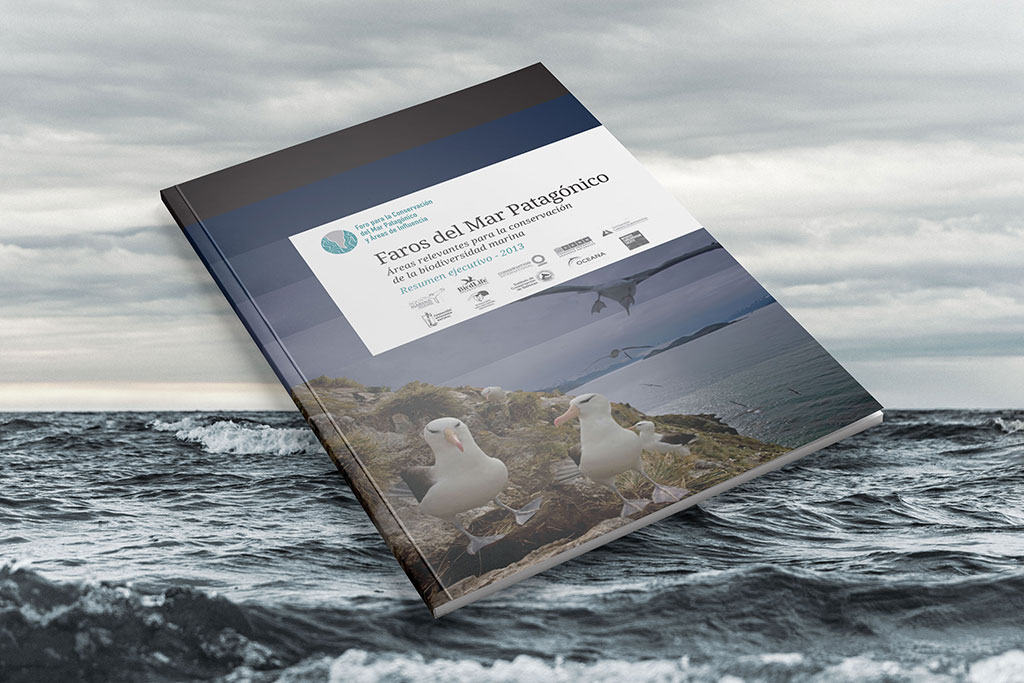Member organizations of the Forum for the Conservation of the Patagonian Sea have published recently a book in Spanish with maps and information on 22 relevant sites for the conservation of species, habitats and ecosystems surrounding the Southern Cone, close to Uruguay, Argentina and Chile. Most sites comprise extensive marine areas; some of them are coastal waters while others are located off-shore.

The book of 68 pages in color is titled “Lighthouses of the Patagonian Sea –Important Areas for the Conservation of Marine Biodiversity” (ISBN 978-950-9427-29-7). It is the result of three years of joint work by professionals belonging to the 14 organizations in the Forum, taking into account selection criteria such as uniqueness, vulnerability, biological diversity and importance for the life.cycle of key species. Each site is presented in a table including the following topics: conservation status, jurisdiction, biogeography, size, habitats, species richness, main human uses, threats, governance and present level of protection.
Only seven of the selected sites are partially included in legally-established marine protected areas, all of them on the process of implementation. Information presented is relevant for the analysis of regional public policies in issues such as preservation of the ocean’s ecological integrity, management of natural resource uses and adaptation to global climate change.
The authors hope that these areas will be pilot sites for applying best practice for conservation, management and for sustainable use of marine ecosystems and their components. Among the main tools suggested are the ecosystem-based management, marine spatial planning, environmental impact assessment, mitigation measures to reduce the negative impact of commercial fishing and other human activities and the establishment of marine protected areas, both static and dynamic.
The development of this document was coordinated by the Wildlife Conservation Society (Marine Programme) and it was published within the framework of the project Argentina, Antarctica and their Living Oceans 2, implemented by the Fundación Vida Silvestre Argentina and funded by the World Wildlife Fund (WWF). Special contributions were received from Avina, Liz Claiborne – Art Ortenberg Foundation, Oak Foundation, Saddle Foundation, Waitt Foundation and the Forum members Oceana and Fundación Cambio Democrático. The book can be read in the Forum website. Those interested in receiving paper copies should contact the Forum.